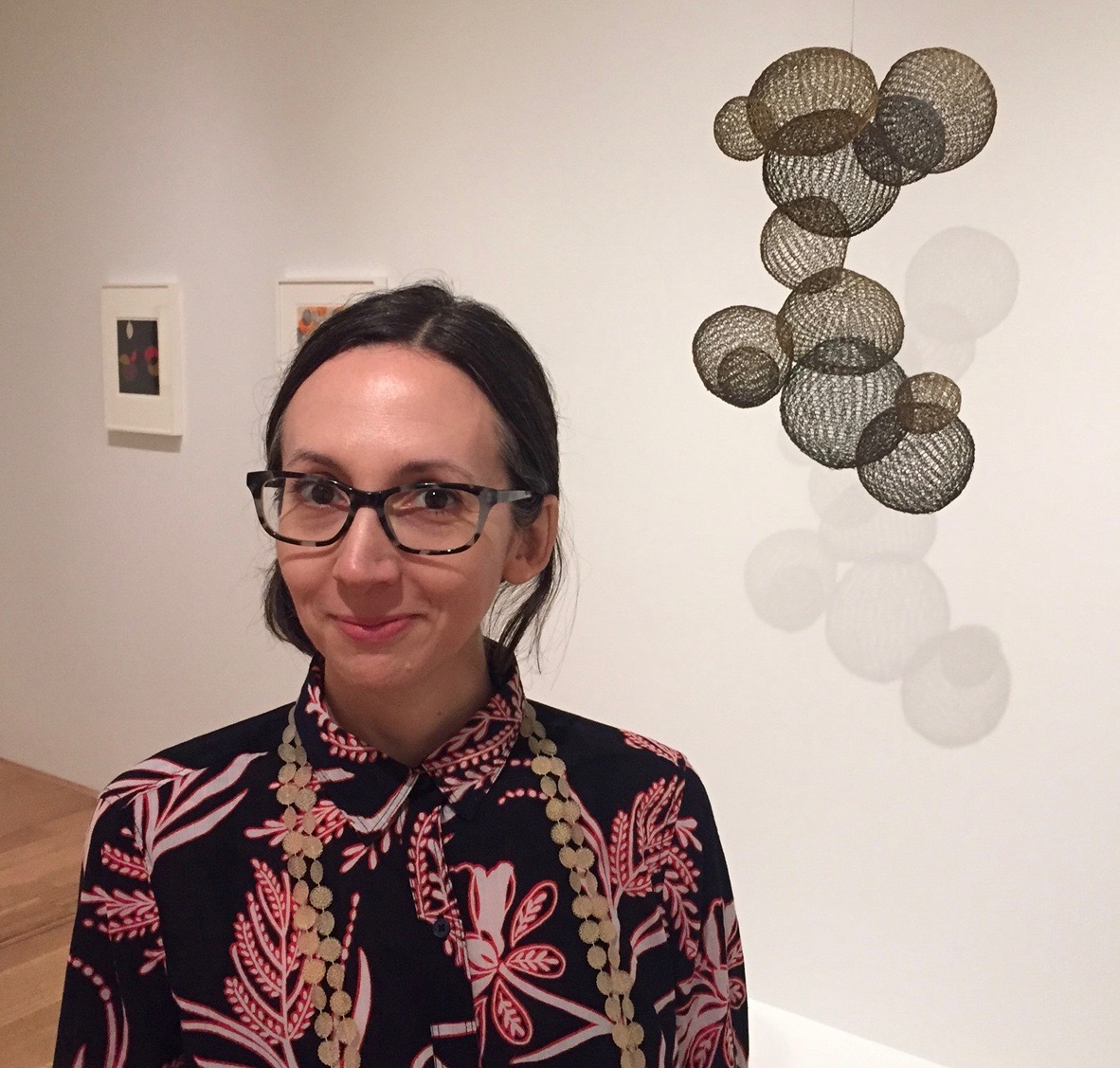 We’re thrilled to have Danielle Dutton, author of three remarkable books and editor of Dorothy, a publishing project, as the judge for this year’s American Short(er) Fiction Prize—a contest for extraordinary short stories under 1,000 words. (The deadline to submit is February 1, 2019. You can find more information here.) We asked Danielle about her favorite books this year, and she compiled this wonderful reading list of titles new and old, a confection of styles and genres and small-press gems that are a refreshing and welcome detour from conventional year-end best-of lists.
We’re thrilled to have Danielle Dutton, author of three remarkable books and editor of Dorothy, a publishing project, as the judge for this year’s American Short(er) Fiction Prize—a contest for extraordinary short stories under 1,000 words. (The deadline to submit is February 1, 2019. You can find more information here.) We asked Danielle about her favorite books this year, and she compiled this wonderful reading list of titles new and old, a confection of styles and genres and small-press gems that are a refreshing and welcome detour from conventional year-end best-of lists.
* * *
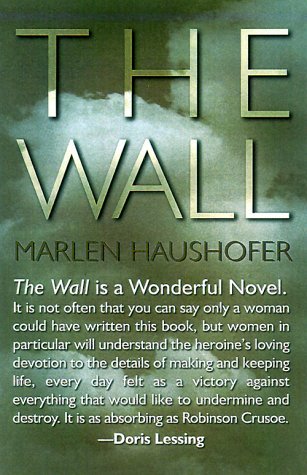 1. Book that surprised me the most this year
1. Book that surprised me the most this year
In the opening pages of Marlen Haushofer’s The Wall (translated by Shaun Whiteside), our middle-aged narrator has just arrived at a hunting lodge in the forest with her cousin and her cousin’s wealthy husband. Before dinner, the cousin and husband go for a walk to the nearby village—strangely, they don’t come back. In the morning, the narrator discovers an invisible bubble extending for miles around the lodge and through the forest. Everything on the other side of the bubble appears to have been annihilated in the night. She is alone with her cousin’s dog, trapped within the walls, and very possibly the last living person on the planet. The rest is a sort of feminine / domestic / post-nuclear Robinson Crusoe. I had never heard of this book (first published in English in 1990) and was totally delighted and destroyed by it.
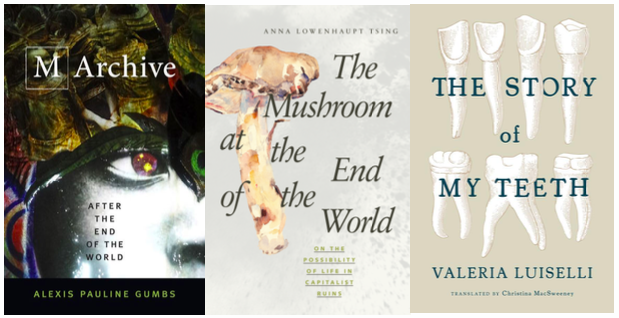 2. Book I am most looking forward to teaching next semester
2. Book I am most looking forward to teaching next semester
In fact, I can’t pick one. Here are three I’m excited about: M Archive by Alexis Pauline Gumbs, The Mushroom at the End of the World by Anna Tsing, and The Story of My Teeth by Valeria Luiselli (written in conjunction with workers at a Jumex factory in Mexico City). The first two are for a class called Fictions of the Anthropocene (though neither is fiction) and the latter is for a graduate workshop in which I will ask students to write collaboratively.
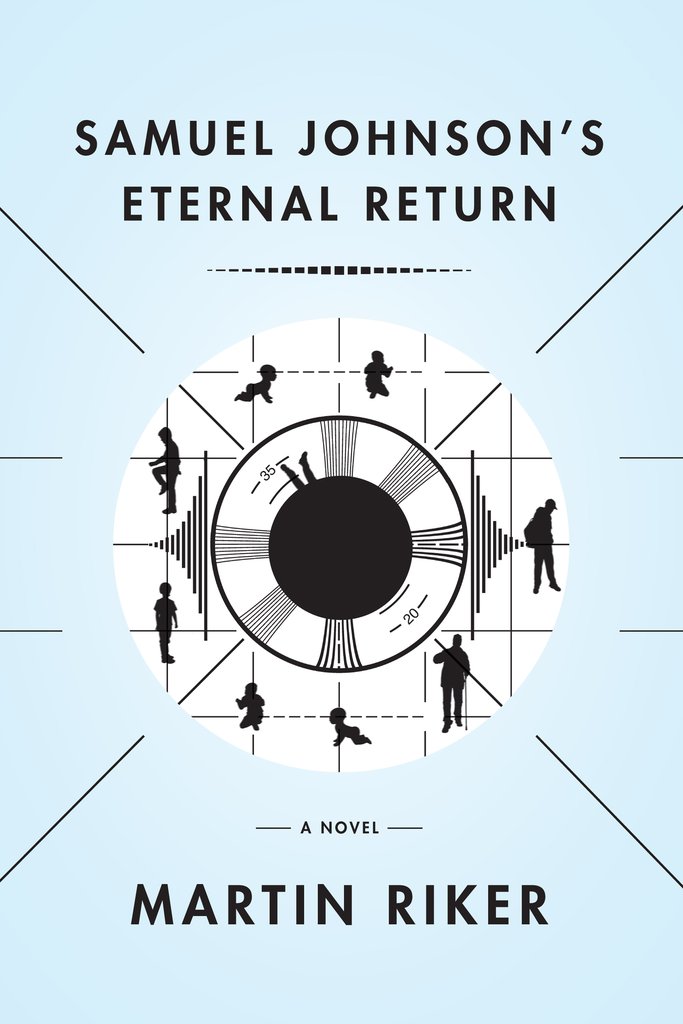 3. Best new book that should have gotten more attention
3. Best new book that should have gotten more attention
It’s possible I am 100% biased: Samuel Johnson’s Eternal Return, published by Coffee House Press, is a novel in which a young father, Samuel Johnson, upon being shot in the woods, finds that his soul has traveled into the body of his killer. He spends the rest of the book traveling from body to body as each one expires, crisscrossing America in an attempt to somehow get back to his orphaned son. It’s smart and funny and big-hearted (one reviewer called it “cheerfully grotesque”), and it was written by my husband Martin Riker.
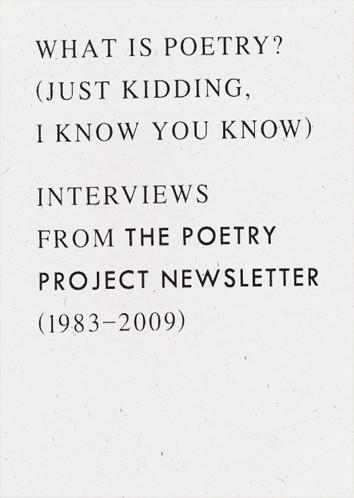 4. Best silent interview in any anthology of interviews
4. Best silent interview in any anthology of interviews
This one has to go to “A Silent Interview with Samuel R. Delany” in What Is Poetry? (Just Kidding, I Know You Know). The book is full of smart people saying terribly interesting things, but Delany’s is a stand out (another favorite is the interview with Alice Notley). On silence itself, Delany gives us this: “silence—at least in the way it interests me—is one of those objects that resists definition.” And then: “Today silence is in a rather beleaguered state.” And: “Silence is the necessary context in which, alone, information can signify—in short, it’s the opposite of ‘noise.’”
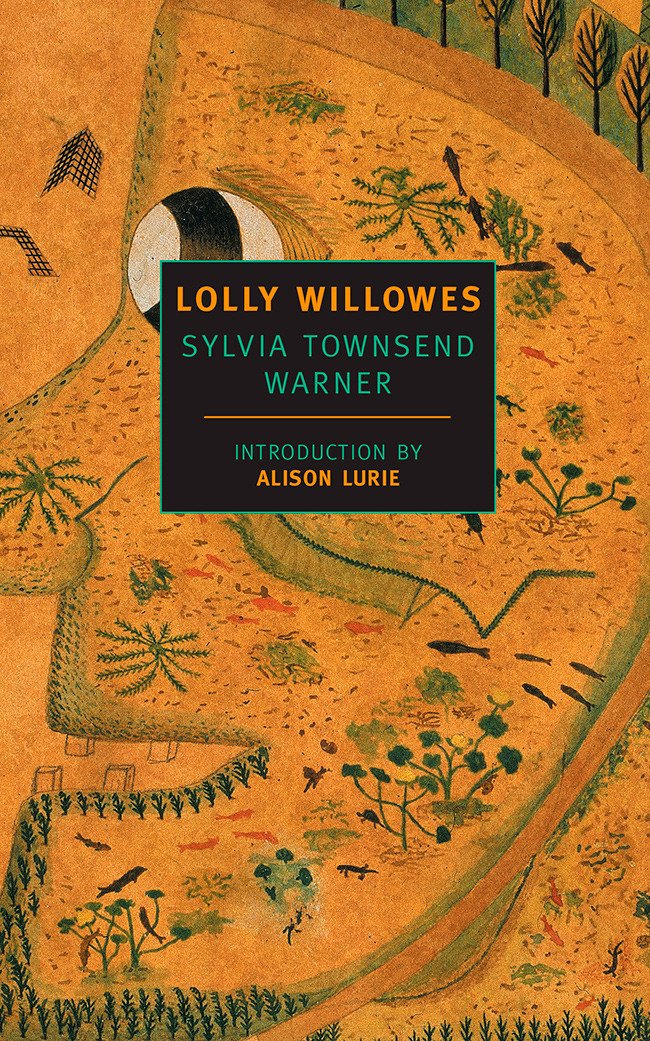 5. Best book for a long winter’s night /
5. Best book for a long winter’s night /
Best book about the devil /
Best book to read if you’re feeling a little down
I read Sylvia Townsend Warner’s Lolly Willowes on a cold winter night when I was feeling down. It starts slowly, but stick with it. Here we find repressed Aunt Lolly, a kindly spinster who does everybody’s bidding. Then one day in middle age she suddenly decides the hell with this. She abandons life at her brother’s house in London and hightails it to an obscure rural village where for the first time in her life she does as she pleases: communing with flowers, walking under the stars, and developing a relationship with Satan.
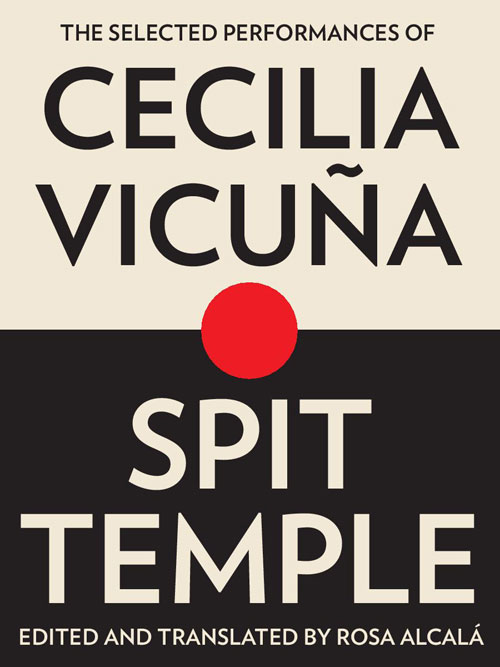 6. Book that sat on my bedside table all year
6. Book that sat on my bedside table all year
Years ago I went to a reading by Chilean poet Cecilia Vicuña. She emerged from the back of the room and we heard her before we saw her, softly singing. Then she began to weave the audience together with red yarn, passing back and forth, connecting each person in the room to every other person. It was the most magical reading I’ve ever been to. Spit Temple: The Selected Performances of Cecilia Vicuña (ed. and trans. Rosa Alcalá) lets me relive a little of the wonder of that night. The book offers transcriptions of nine of Vicuna’s “oral performances” (between 1995 and 2002), as well as a critical introduction, memoir, reflections, map, and more.
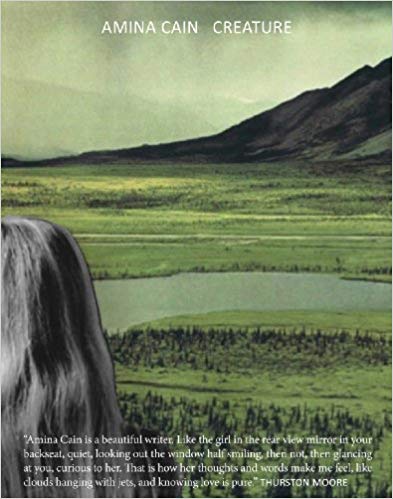
7. My most anticipated book for 2019
In 2013, I edited Amina Cain’s collection Creature for Dorothy, a publishing project. It’s become an important book for me. Amina writes like no one else. Her stories are spare and strange, quiet and fierce. I become very pleasantly aware of my body when I read her work, which might sound odd but will (hopefully) make sense if you’ve read her stories too. Late in 2019 FSG will publish Amina’s first novel, Indelicacy. I heard her read from it last year and what I heard was beautiful. I remember it felt like it floated. It was like an a-historical historical novel. It’s about a woman who works in a museum. Like all of Amina’s writing it is strange and strangely funny. I can’t wait to get my hands on a copy.
Danielle Dutton is the author of Margaret the First, SPRAWL, and Attempts at a Life. Her work has also appeared in Harper’s, BOMB, Fence, Noon, The Paris Review, and other magazines. She is the cofounder and editor of the feminist press Dorothy, a publishing project, which was recently named as one of five presses “slyly changing the publishing world for the better” (Flavorwire). Born and raised in California, she now lives in Missouri with her husband and son, where she teaches writing and literature courses at Washington University in St. Louis.